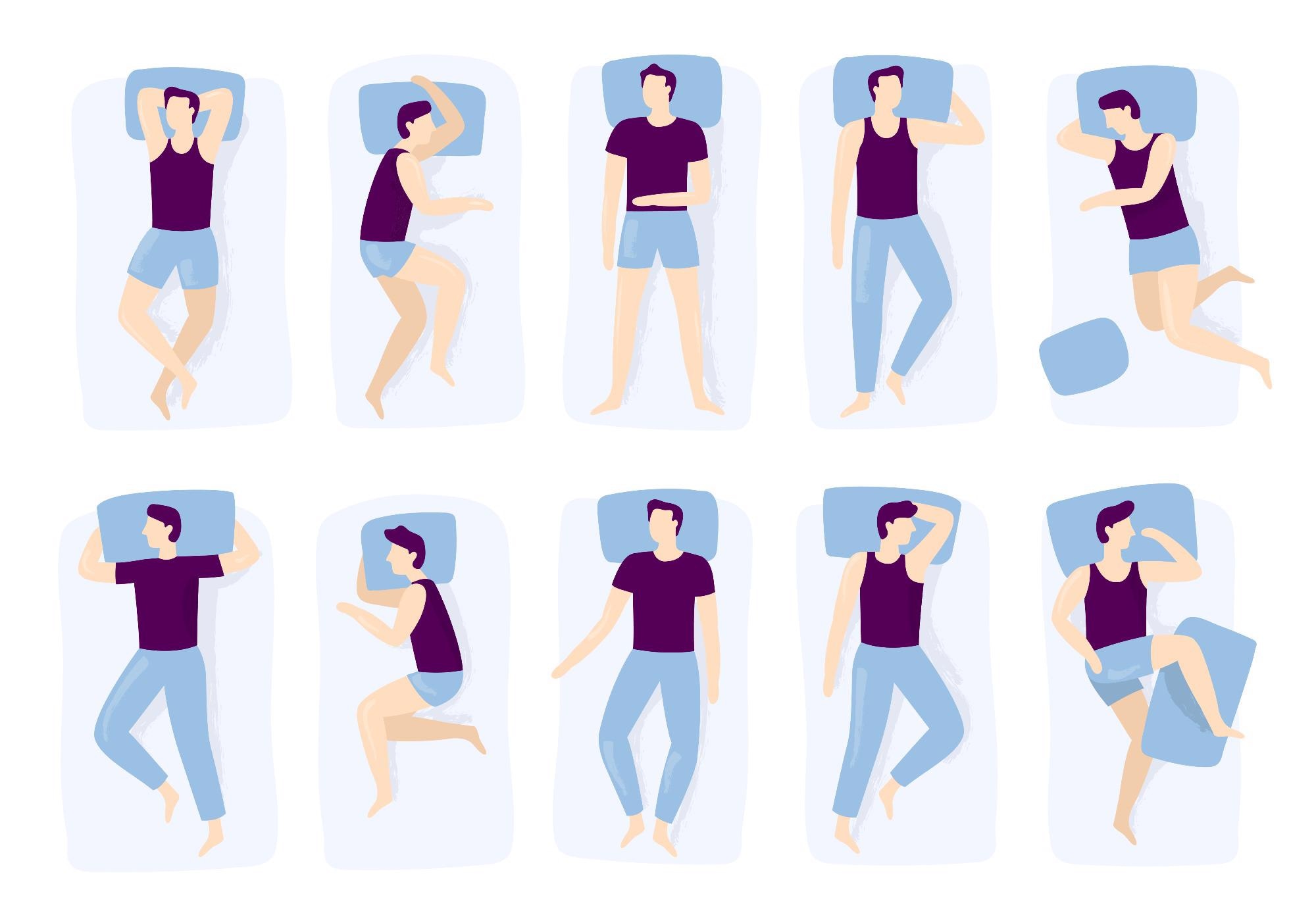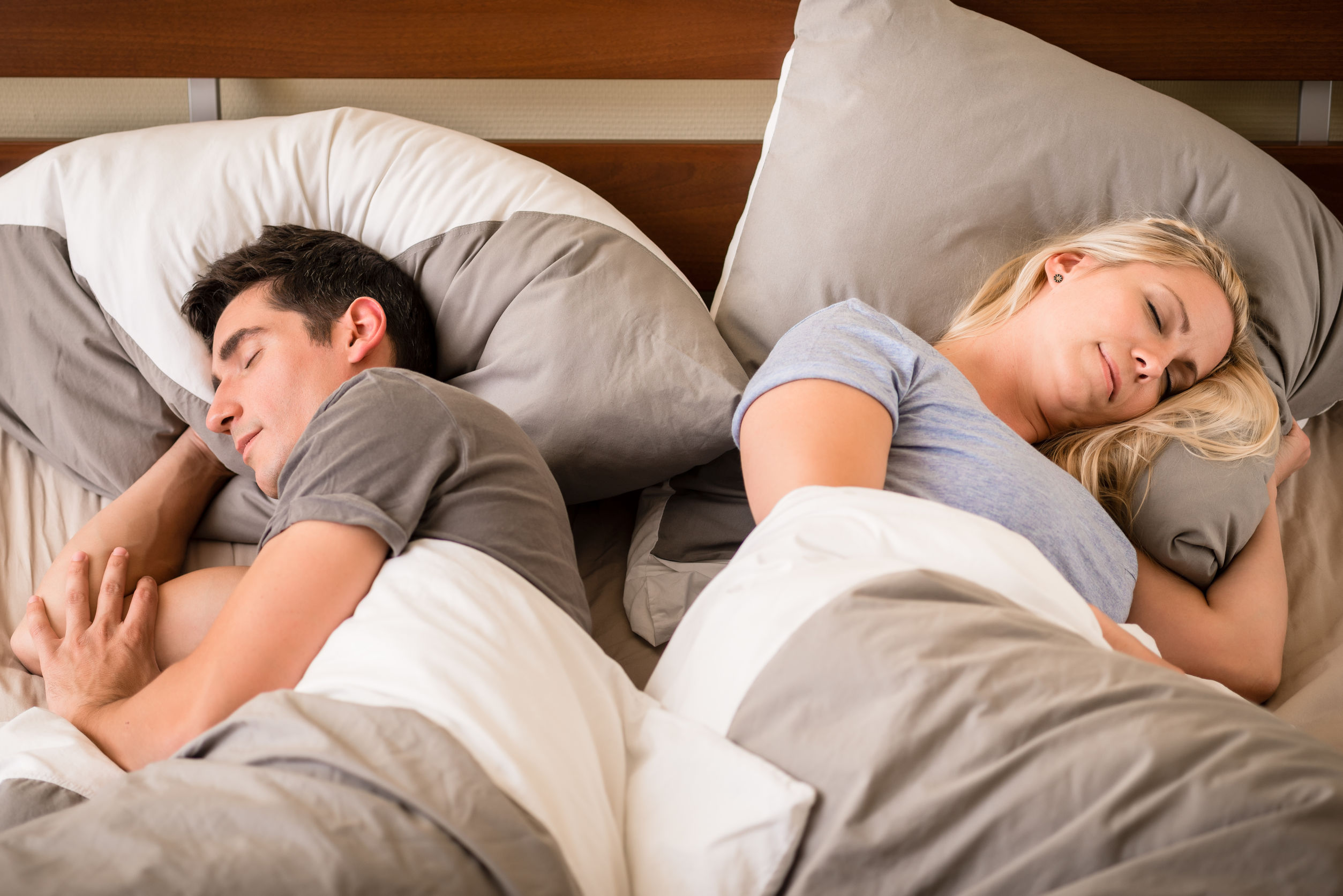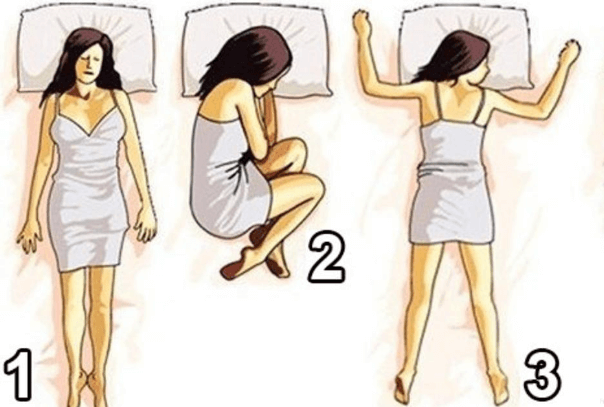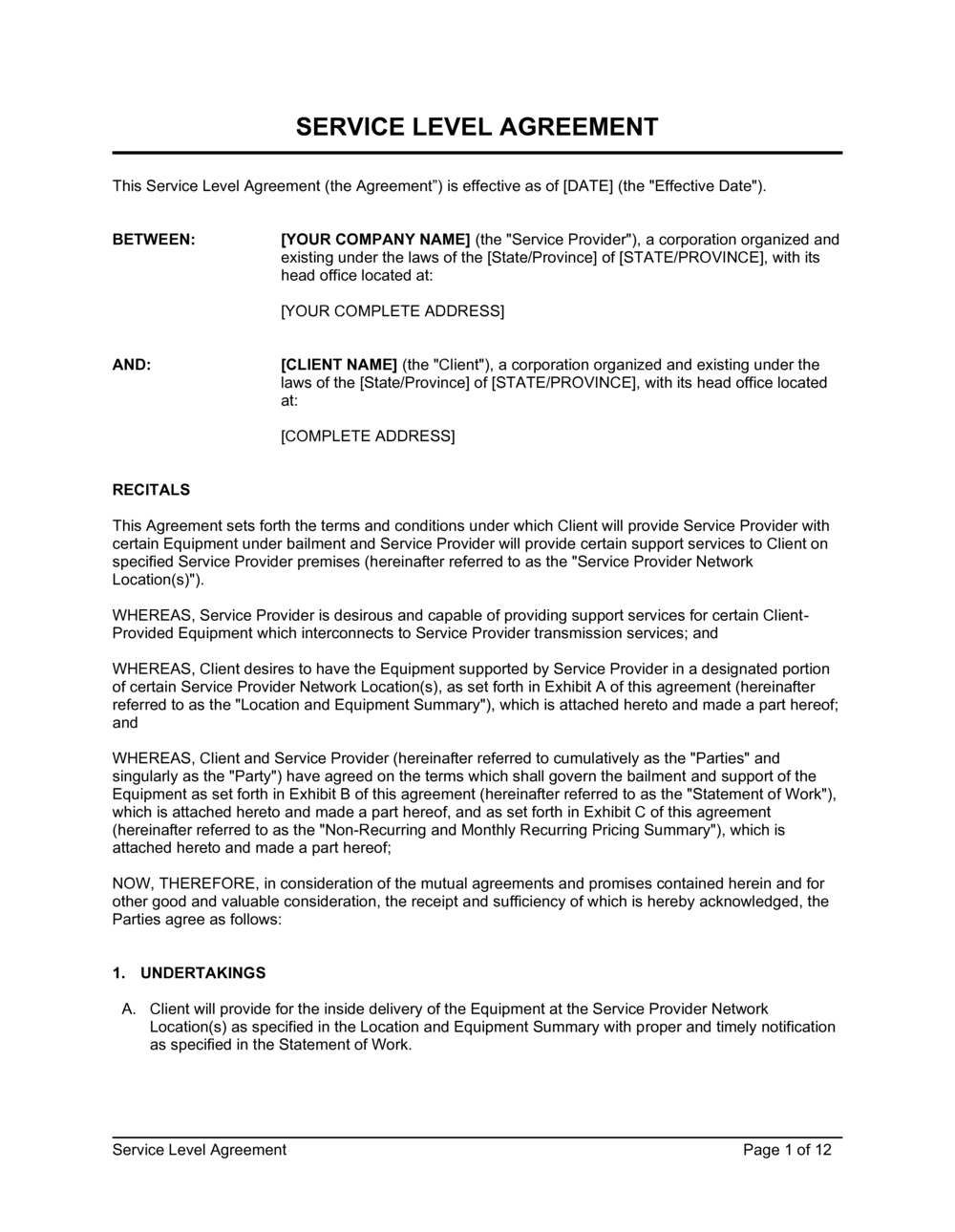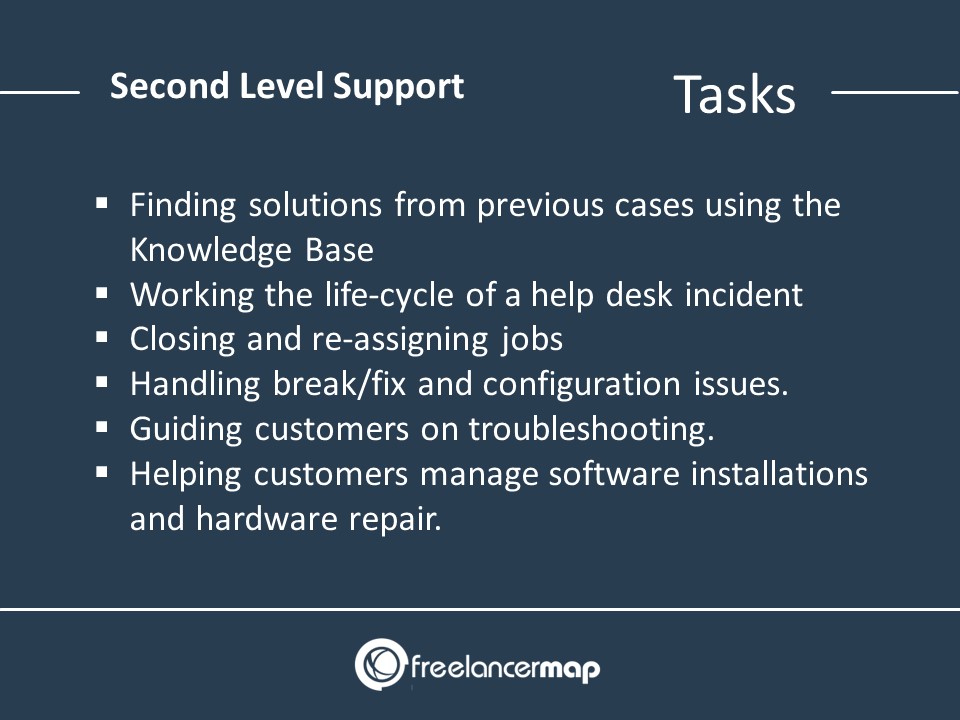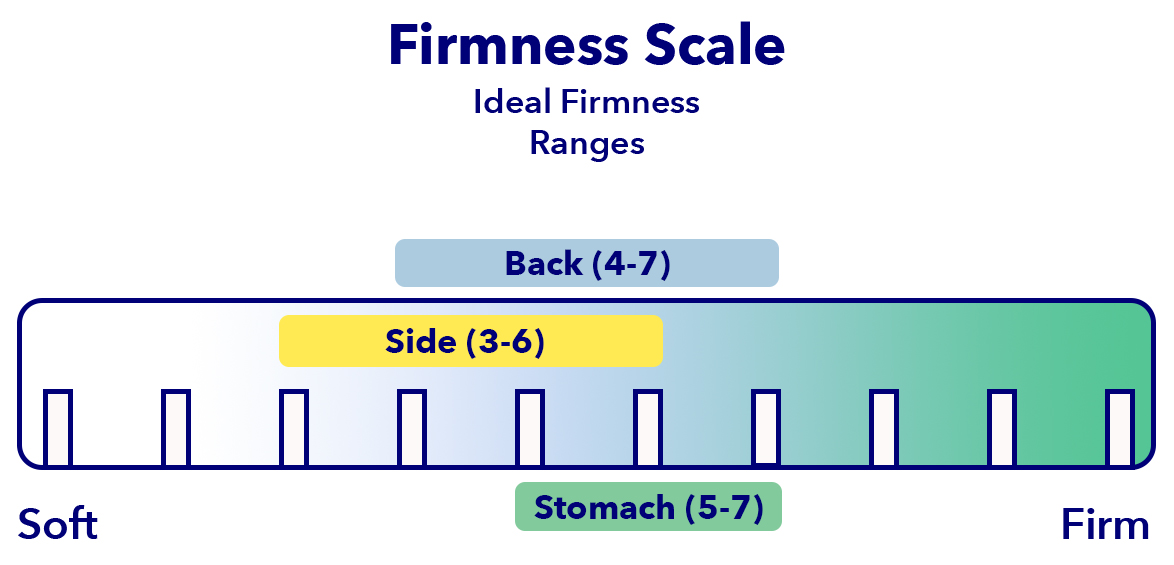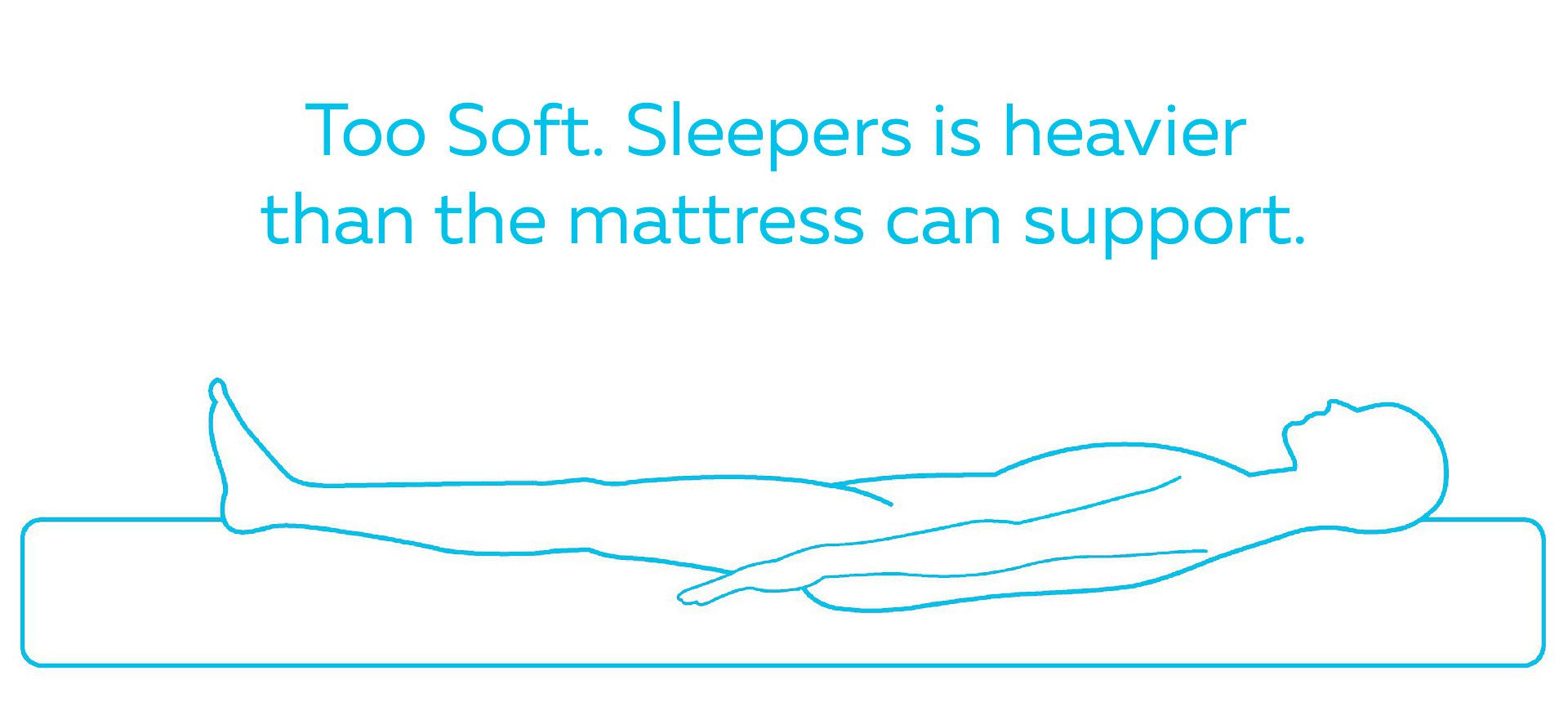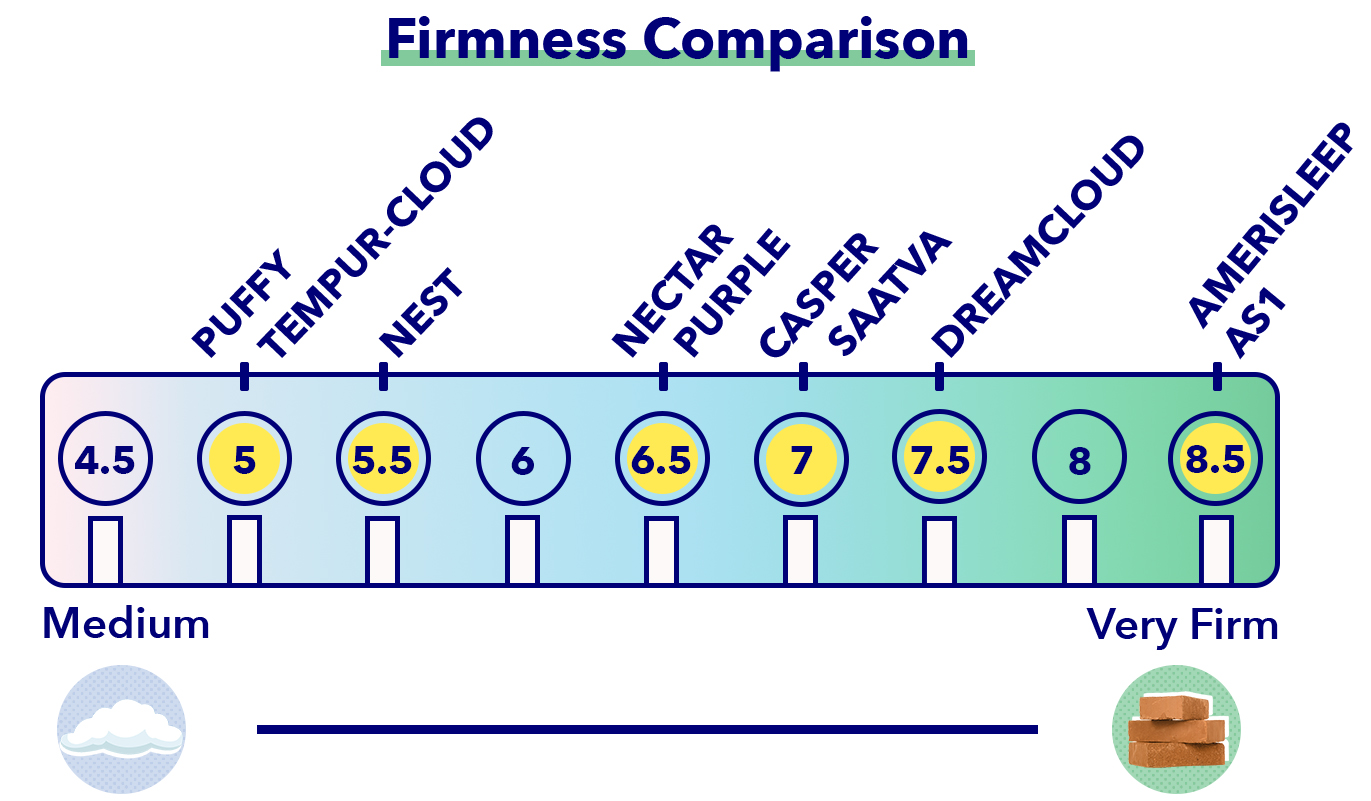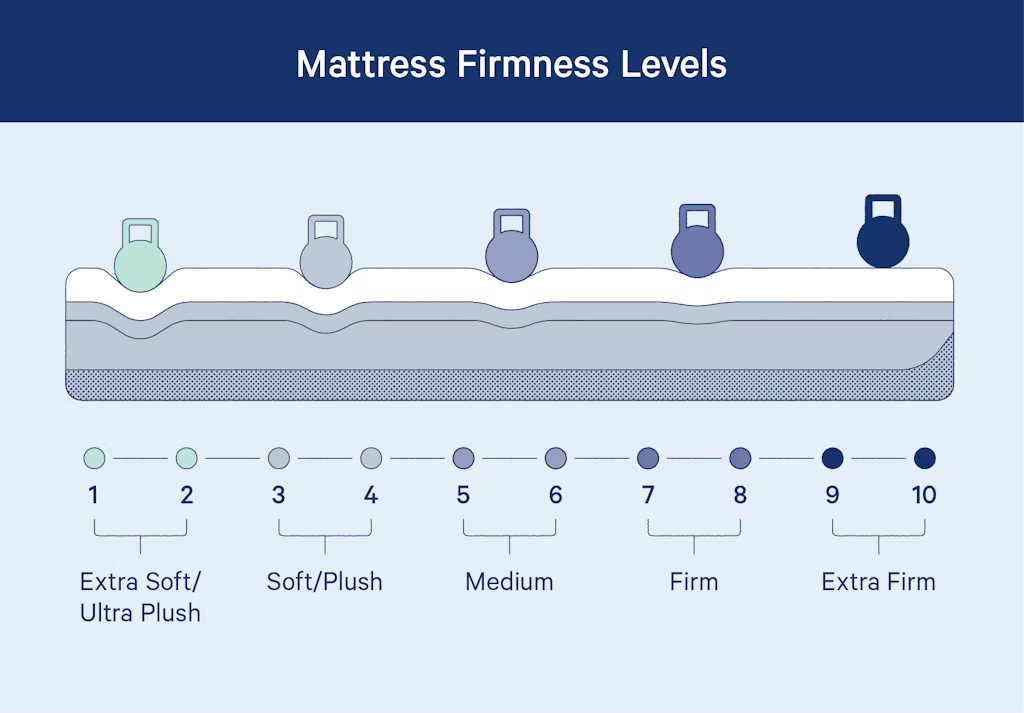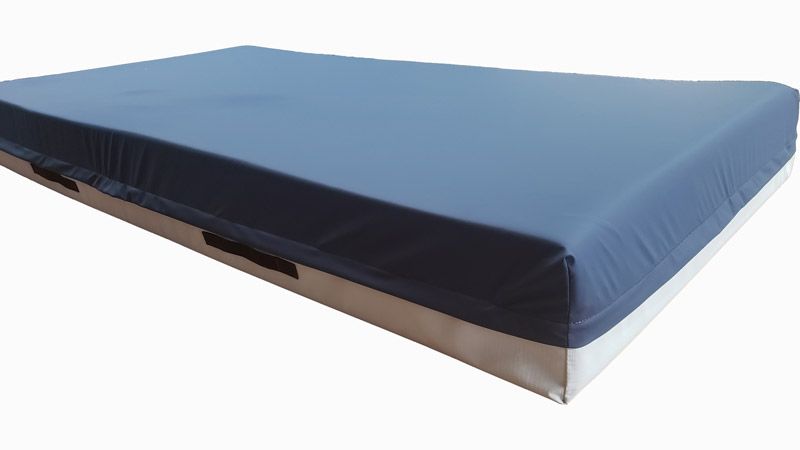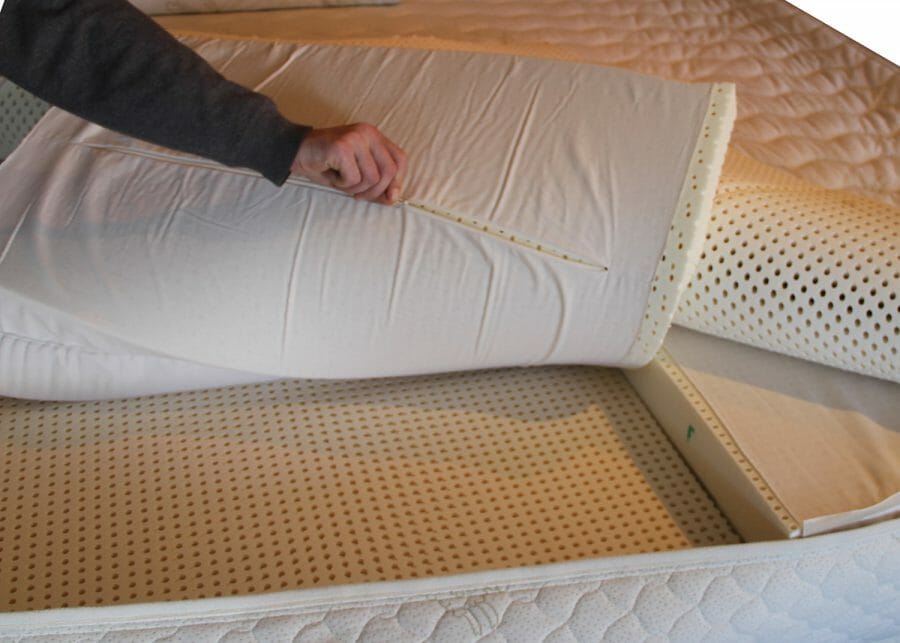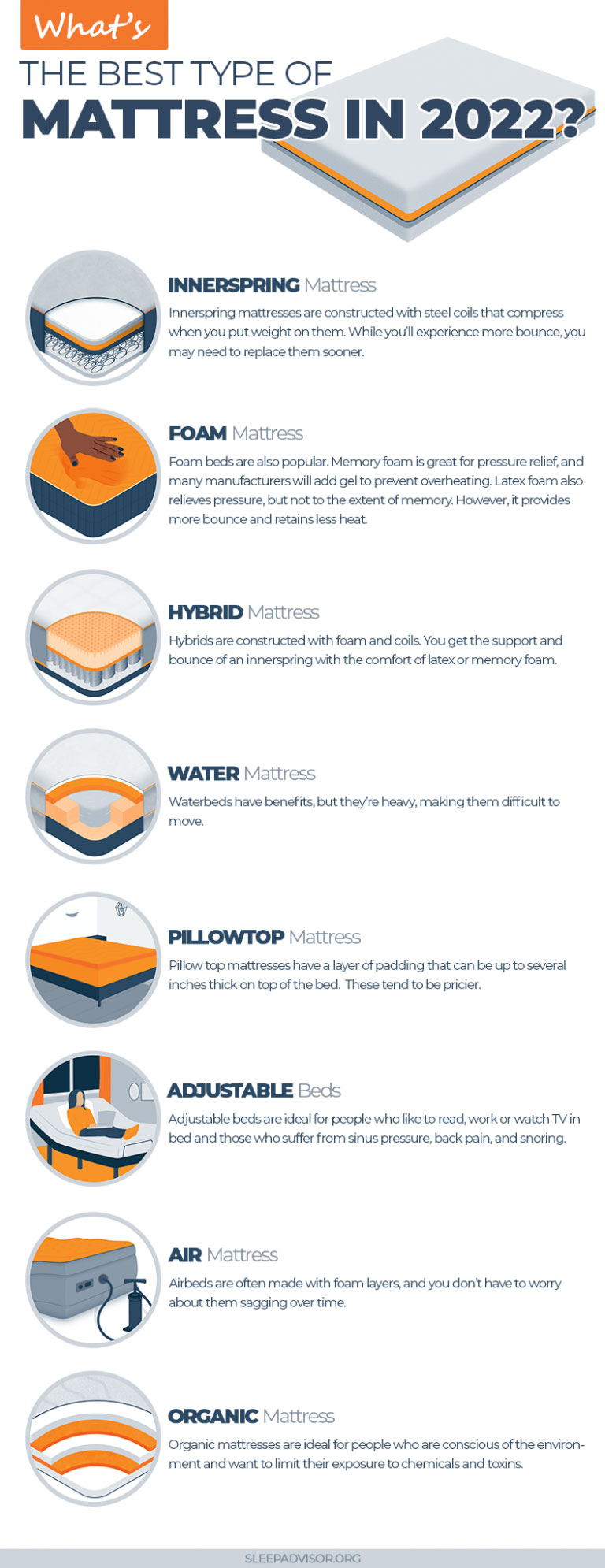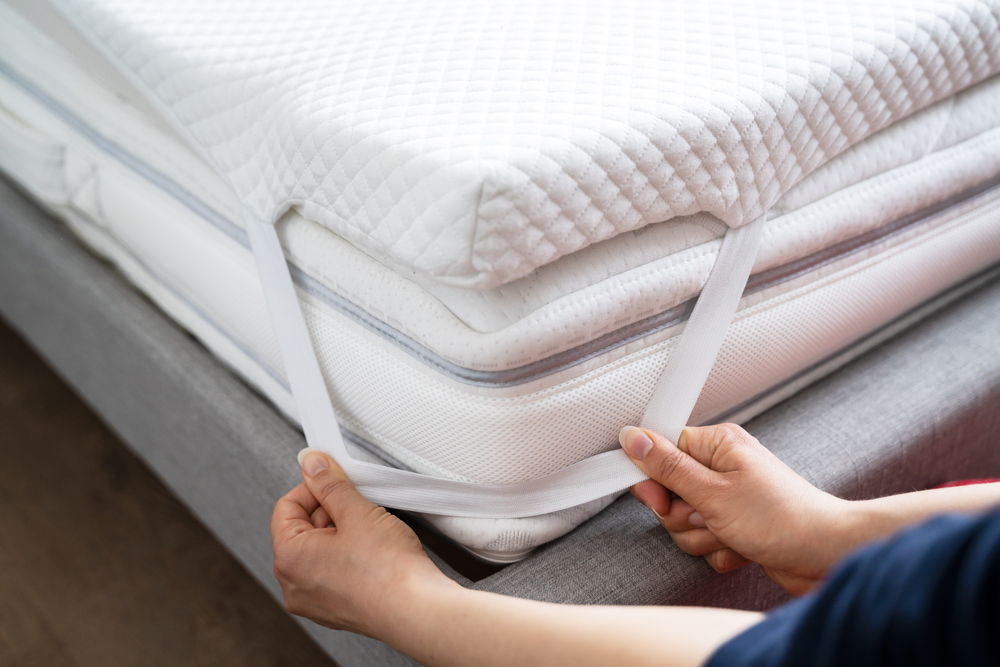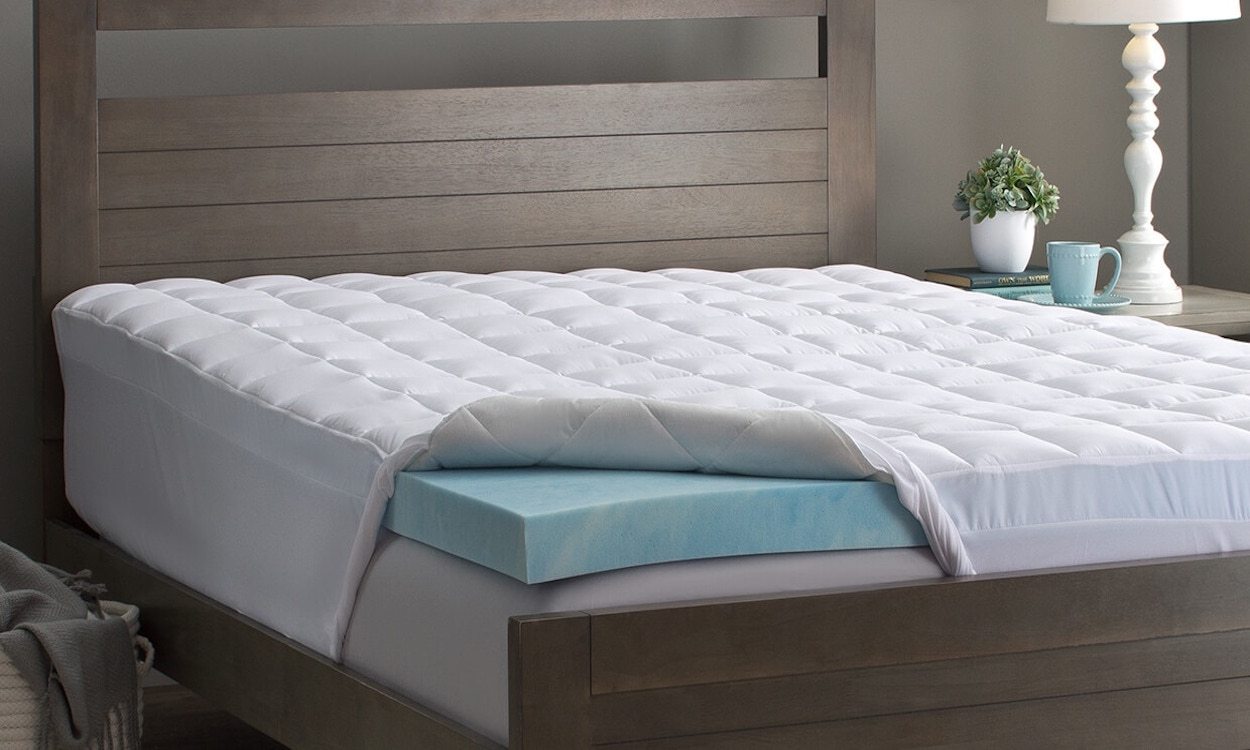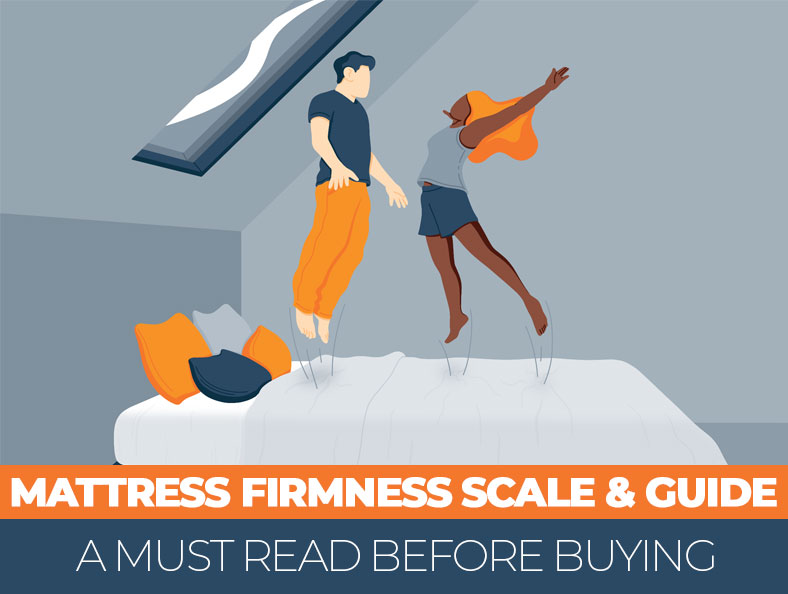When choosing the best mattress firmness, one of the first factors to consider is your sleeping position. This is because different sleeping positions require different levels of support and firmness in order to maintain proper spinal alignment and promote a comfortable night's sleep. If you are a back sleeper, you may benefit from a medium-firm mattress that provides both support and cushioning for your spine. Side sleepers may prefer a slightly softer mattress to relieve pressure on their hips and shoulders, while stomach sleepers may need a firmer mattress to keep their spine aligned. Knowing your preferred sleeping position can help narrow down your options and find the right level of firmness for your needs.1. Consider your sleeping position
Along with your sleeping position, it's important to consider the level of support you need from your mattress. This will depend on your body weight, as well as any underlying health conditions or injuries. If you have a larger body frame, you may need a firmer mattress to provide adequate support and prevent sinking. On the other hand, those with a smaller body frame may find a softer mattress more comfortable and supportive. If you have chronic pain or injuries, a medium-firm mattress may be the best option to provide both support and pressure relief.2. Determine your preferred level of support
As mentioned, your body weight plays a significant role in determining the best mattress firmness for you. A general rule of thumb is that the higher your body weight, the firmer the mattress you may need. However, it's important to keep in mind that this is not always the case and personal preference also plays a role. It's always recommended to test out different firmness levels to see what feels most comfortable and supportive for your body weight.3. Take your body weight into account
If you have any health conditions or injuries, it's important to take them into consideration when choosing a mattress firmness. For example, those with back pain may benefit from a medium-firm mattress that offers both support and cushioning for the spine. Individuals with arthritis or joint pain may prefer a softer mattress to relieve pressure on their joints, while those with allergies or asthma may want to opt for a hypoallergenic mattress with medium-firm support. Keep in mind that everyone's needs are unique, so it's always best to consult with a doctor or sleep specialist for personalized recommendations.4. Consider any health conditions or injuries
While online reviews and recommendations can be helpful, the best way to determine the right mattress firmness for you is by testing out different options in person. Many mattress stores allow customers to try out their mattresses in-store, so take advantage of this opportunity. Lie down on the mattresses in your preferred sleeping position and pay attention to how your body feels. Do you feel supported? Is there any pressure on your joints? This can give you a better idea of what level of firmness is best for you.5. Test out different firmness levels in person
Although testing out mattresses in person is important, it can also be helpful to read reviews and customer feedback before making a purchase. This can give you insight into the durability and comfort of the mattress, as well as any potential issues to be aware of. Look for reviews from customers with similar body types and sleeping positions to get a better idea of how the mattress may work for you.6. Read reviews and customer feedback
If you and your partner have different preferences for mattress firmness, consider looking for a mattress with adjustable firmness. This allows you to customize the level of support on each side of the bed to suit your individual needs. This can be especially beneficial for couples who have different body weights or health conditions, as it allows each person to find their ideal level of firmness without compromising on comfort.7. Look for a mattress with adjustable firmness
The materials used in a mattress can also affect its firmness. For example, memory foam mattresses tend to be on the softer side, while innerspring mattresses are typically firmer. Hybrid mattresses, which combine memory foam and innerspring coils, may offer a balance of support and cushioning. Latex mattresses, which are known for their durability and responsiveness, can also vary in firmness depending on the type and thickness of the latex used. Research the different materials used in mattresses to see which may be the best fit for your preferred level of firmness.8. Consider the materials used in the mattress
If you're still unsure about which mattress firmness is best for you, consider consulting with a sleep specialist or doctor. They can take into account your body type, sleeping position, and any health conditions to provide personalized recommendations. They may also be able to suggest specific brands or models that may be most suitable for your needs.9. Consult with a sleep specialist or doctor
Lastly, don't be afraid to try out different firmness levels until you find the one that feels most comfortable and supportive for you. Everyone's needs and preferences are unique, so what works for someone else may not work for you. Remember to take your time and thoroughly research and test out different options before making a decision. A good mattress can significantly impact the quality of your sleep and overall well-being, so it's worth investing the time and effort to find the right one for you. In conclusion, choosing the best mattress firmness requires considering your sleeping position, level of support needed, body weight, health conditions, and personal preferences. By keeping these factors in mind and testing out different options, you can find the perfect mattress that promotes a comfortable and restful night's sleep.10. Don't be afraid to try different firmness levels until you find the right one
Choosing the Right Mattress Firmness for Your Best Night's Sleep

The Importance of Mattress Firmness
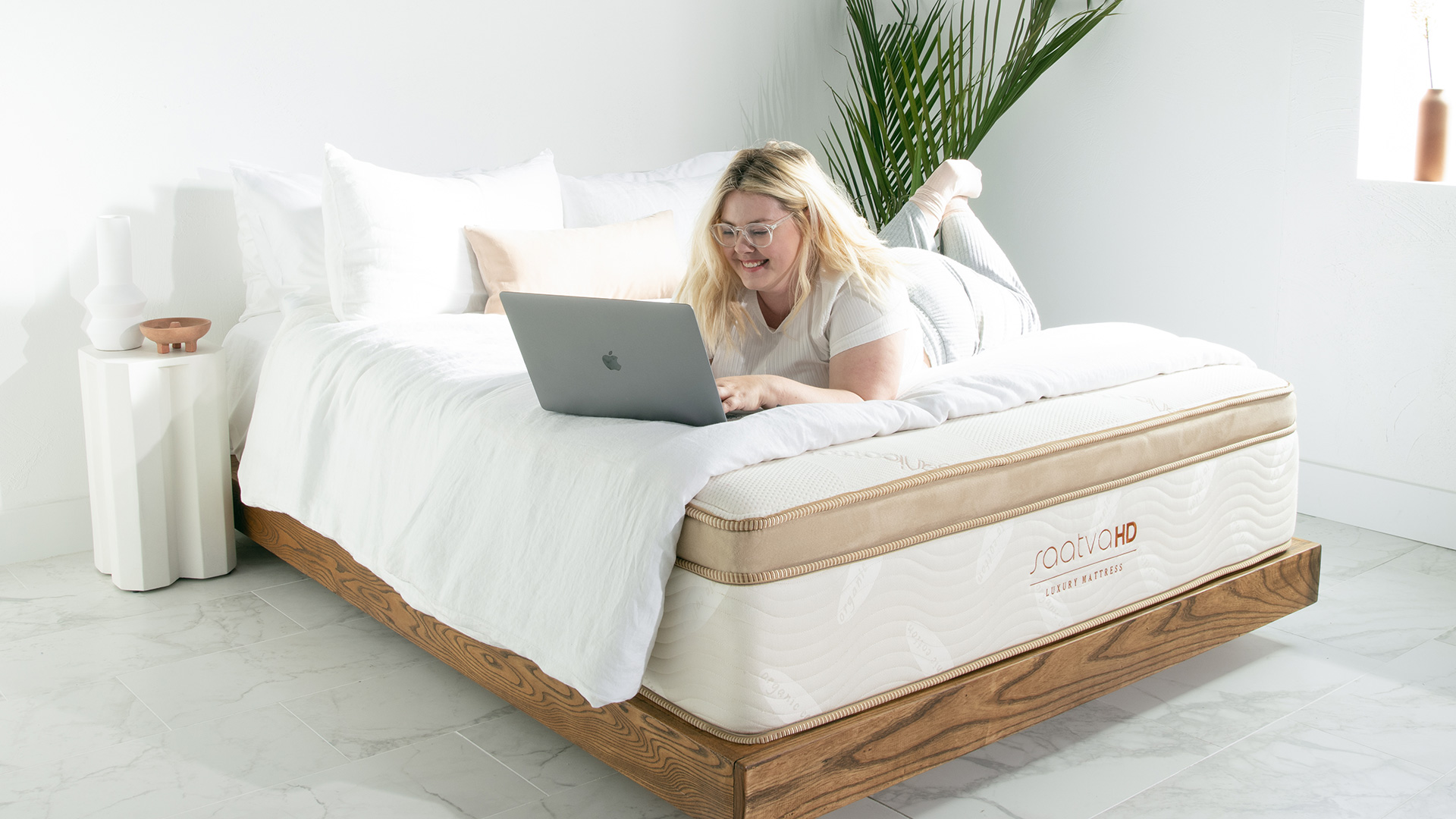 When it comes to getting a good night's sleep, many people focus on the type of mattress they need, whether it's memory foam, innerspring, or hybrid. However, one crucial factor that often gets overlooked is the
mattress firmness
. The firmness of your mattress can greatly impact your sleep quality and overall comfort. That's why it's essential to understand the different levels of firmness and how to choose the right one for your needs.
When it comes to getting a good night's sleep, many people focus on the type of mattress they need, whether it's memory foam, innerspring, or hybrid. However, one crucial factor that often gets overlooked is the
mattress firmness
. The firmness of your mattress can greatly impact your sleep quality and overall comfort. That's why it's essential to understand the different levels of firmness and how to choose the right one for your needs.
The Different Levels of Mattress Firmness
 Mattresses typically come in a range of firmness levels, from
soft
to
extra firm
. Soft mattresses provide a plush and cushiony feel, perfect for those who prefer a
cozier
sleep surface. On the other hand, extra firm mattresses offer a
sturdier
and
more supportive
feel, ideal for those who need more spinal alignment and pressure relief. In between these two extremes are medium and medium-firm mattresses, which offer a
balance
of comfort and support.
Mattresses typically come in a range of firmness levels, from
soft
to
extra firm
. Soft mattresses provide a plush and cushiony feel, perfect for those who prefer a
cozier
sleep surface. On the other hand, extra firm mattresses offer a
sturdier
and
more supportive
feel, ideal for those who need more spinal alignment and pressure relief. In between these two extremes are medium and medium-firm mattresses, which offer a
balance
of comfort and support.
Consider Your Sleeping Position
 When choosing the right mattress firmness, it's essential to consider your
sleeping position
. Each position puts different pressure points on your body, and the firmness level of your mattress can either alleviate or exacerbate these pressure points. For example, side sleepers may benefit from a softer mattress as it can
contour
to their body's curves and relieve pressure on their hips and shoulders. Back sleepers may find a medium-firm mattress more comfortable as it provides adequate support for their spine. Stomach sleepers may need a firmer mattress to prevent their hips from sinking too much, which can cause lower back pain.
When choosing the right mattress firmness, it's essential to consider your
sleeping position
. Each position puts different pressure points on your body, and the firmness level of your mattress can either alleviate or exacerbate these pressure points. For example, side sleepers may benefit from a softer mattress as it can
contour
to their body's curves and relieve pressure on their hips and shoulders. Back sleepers may find a medium-firm mattress more comfortable as it provides adequate support for their spine. Stomach sleepers may need a firmer mattress to prevent their hips from sinking too much, which can cause lower back pain.
Personal Preference and Body Type
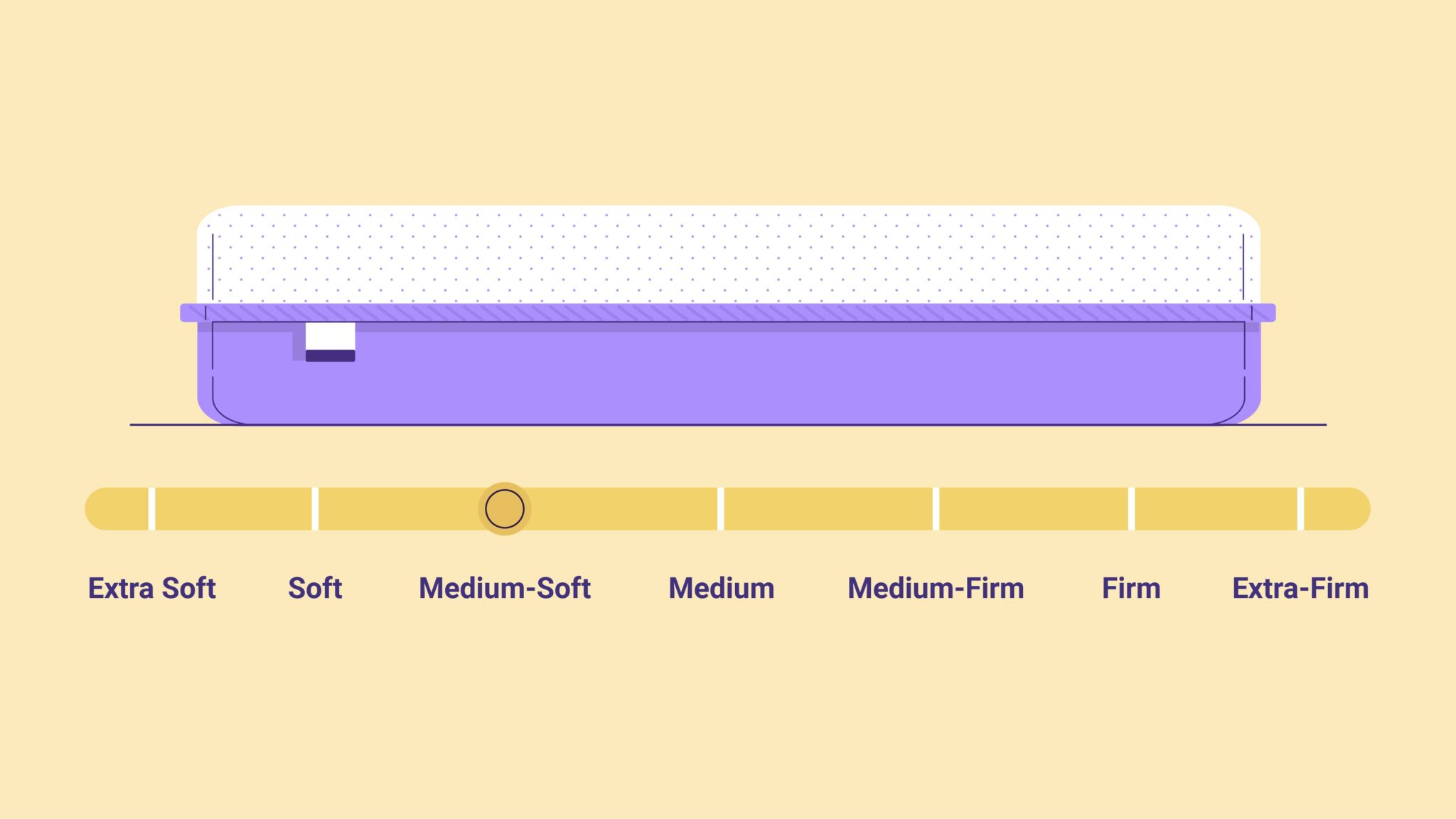 Aside from sleeping position, personal preference and body type also play a role in choosing the right mattress firmness. A person's weight and body shape can affect how they perceive the firmness of a mattress. For example, a heavier person may find a medium-firm mattress too soft, while a lighter person may find it too firm. Additionally,
personal comfort
is also a crucial factor. Some individuals may prefer a softer mattress, while others may prefer a firmer one. It's essential to test out different firmness levels and find what feels most comfortable for you.
Aside from sleeping position, personal preference and body type also play a role in choosing the right mattress firmness. A person's weight and body shape can affect how they perceive the firmness of a mattress. For example, a heavier person may find a medium-firm mattress too soft, while a lighter person may find it too firm. Additionally,
personal comfort
is also a crucial factor. Some individuals may prefer a softer mattress, while others may prefer a firmer one. It's essential to test out different firmness levels and find what feels most comfortable for you.
Final Thoughts
 Choosing the right mattress firmness is crucial for a good night's sleep. By considering your sleeping position, body type, and personal preference, you can find the perfect level of firmness for your needs. Remember to also
test out
different mattresses and take advantage of trial periods to ensure you make the right decision. With the right mattress firmness, you can say goodbye to restless nights and hello to a comfortable and rejuvenating sleep.
Choosing the right mattress firmness is crucial for a good night's sleep. By considering your sleeping position, body type, and personal preference, you can find the perfect level of firmness for your needs. Remember to also
test out
different mattresses and take advantage of trial periods to ensure you make the right decision. With the right mattress firmness, you can say goodbye to restless nights and hello to a comfortable and rejuvenating sleep.




